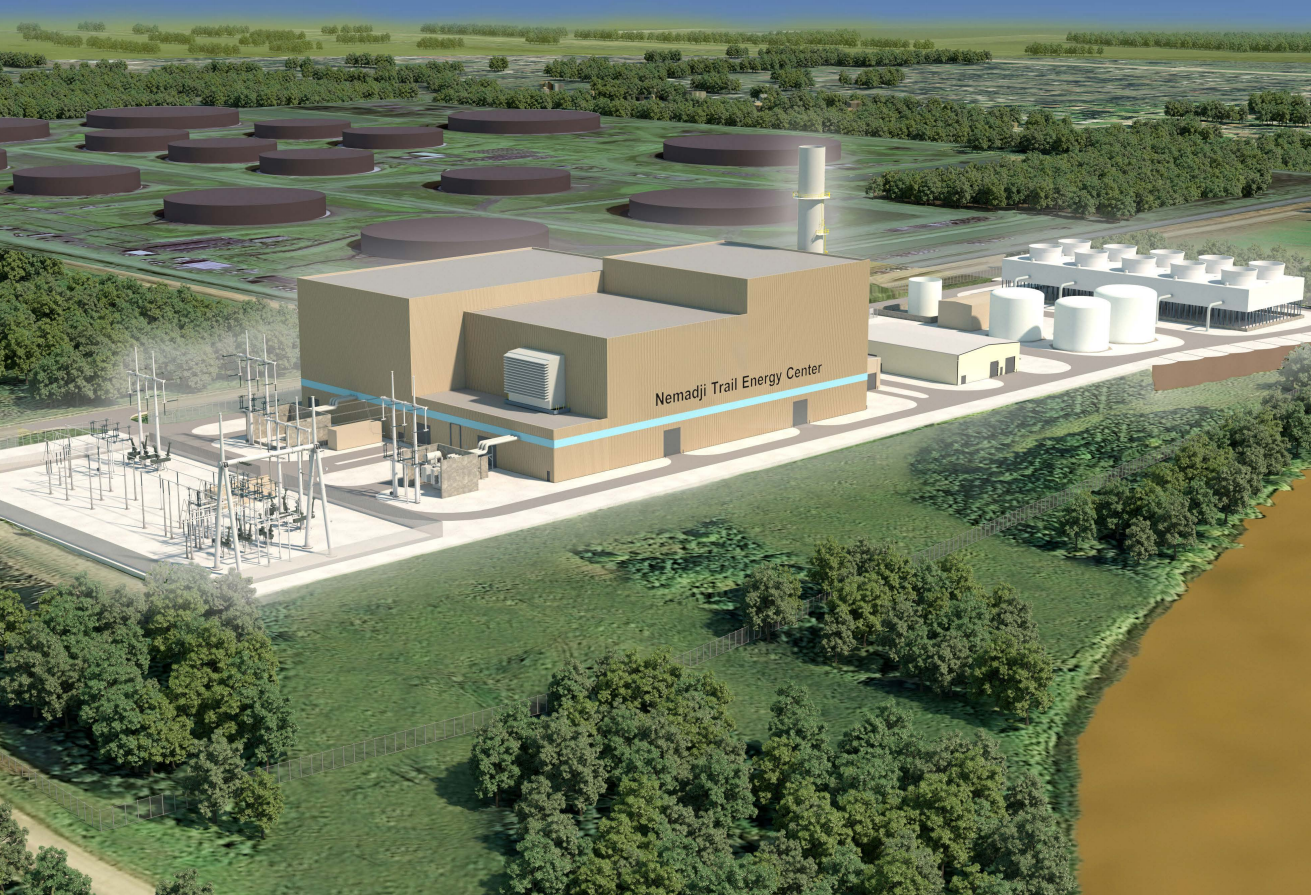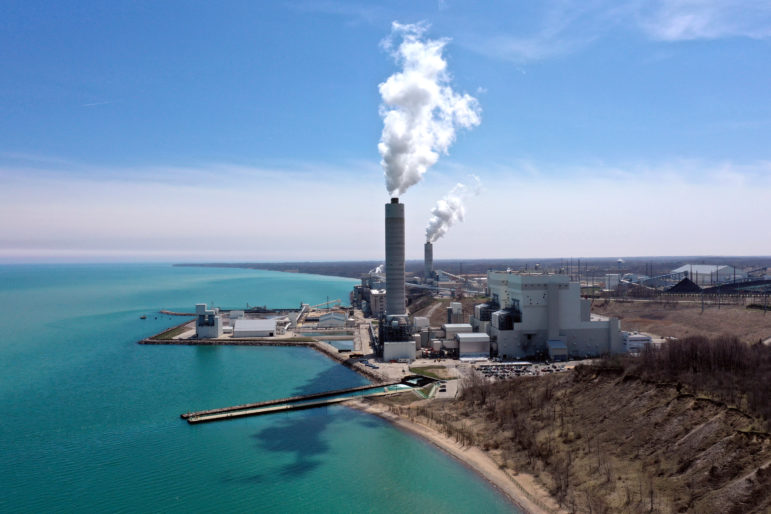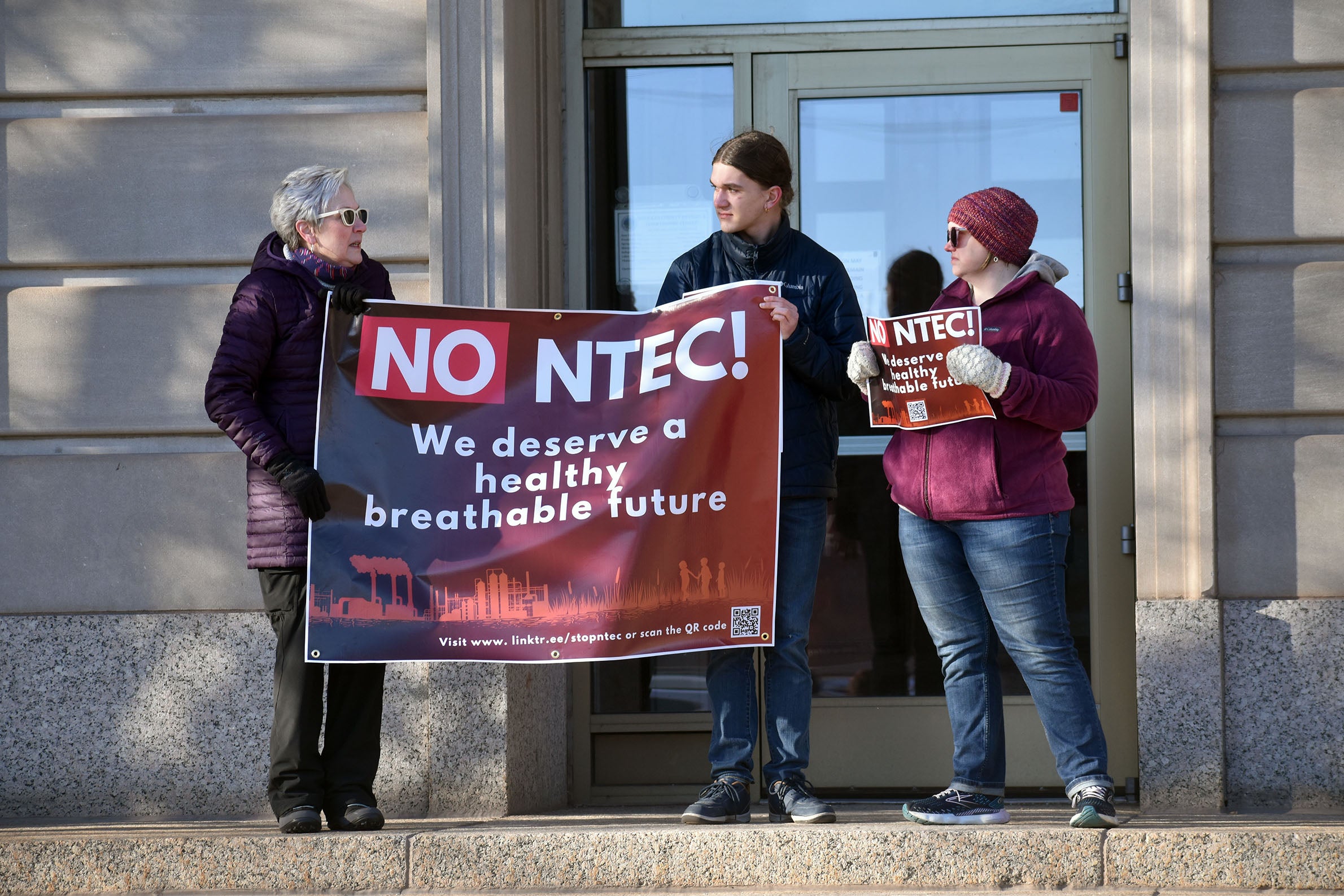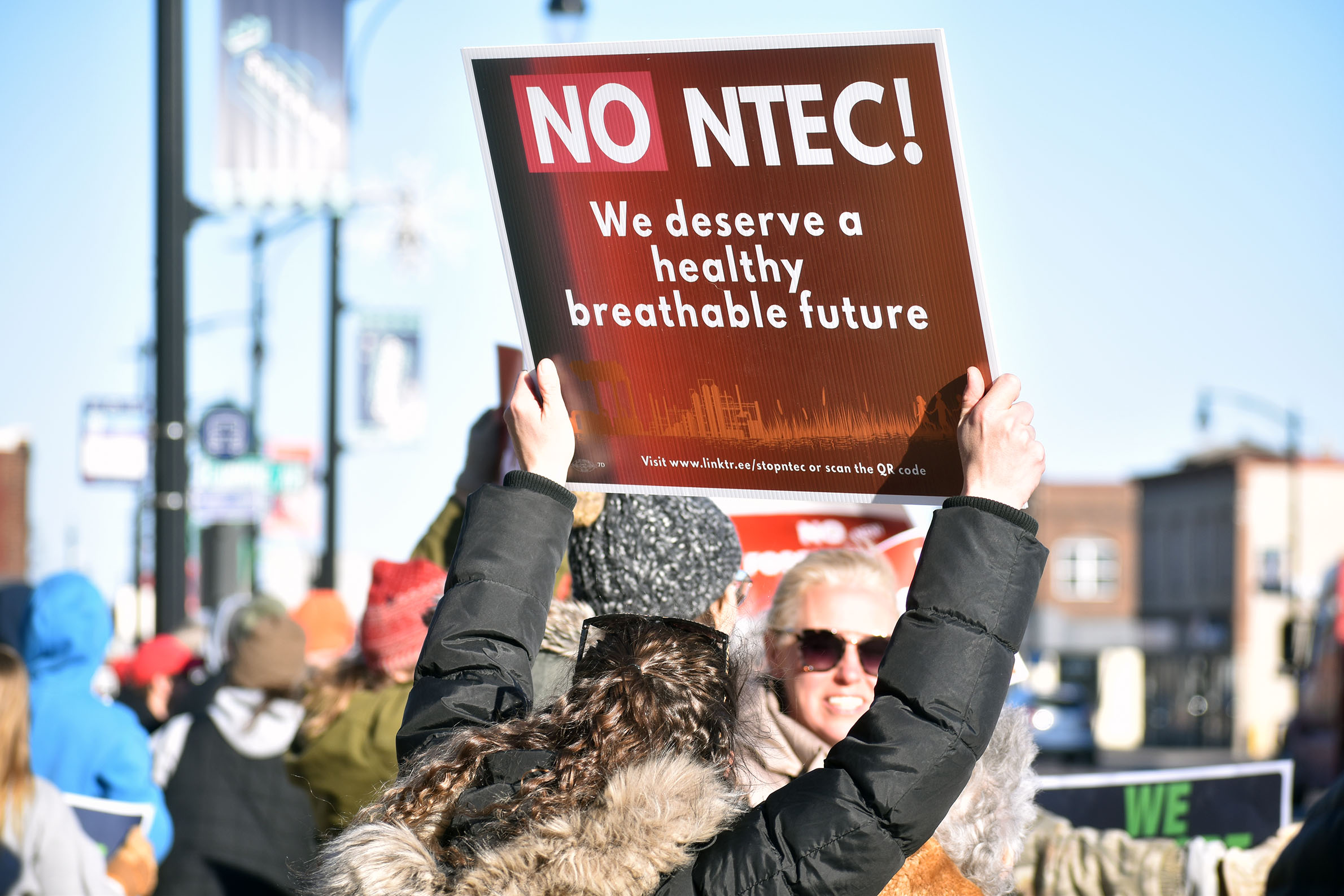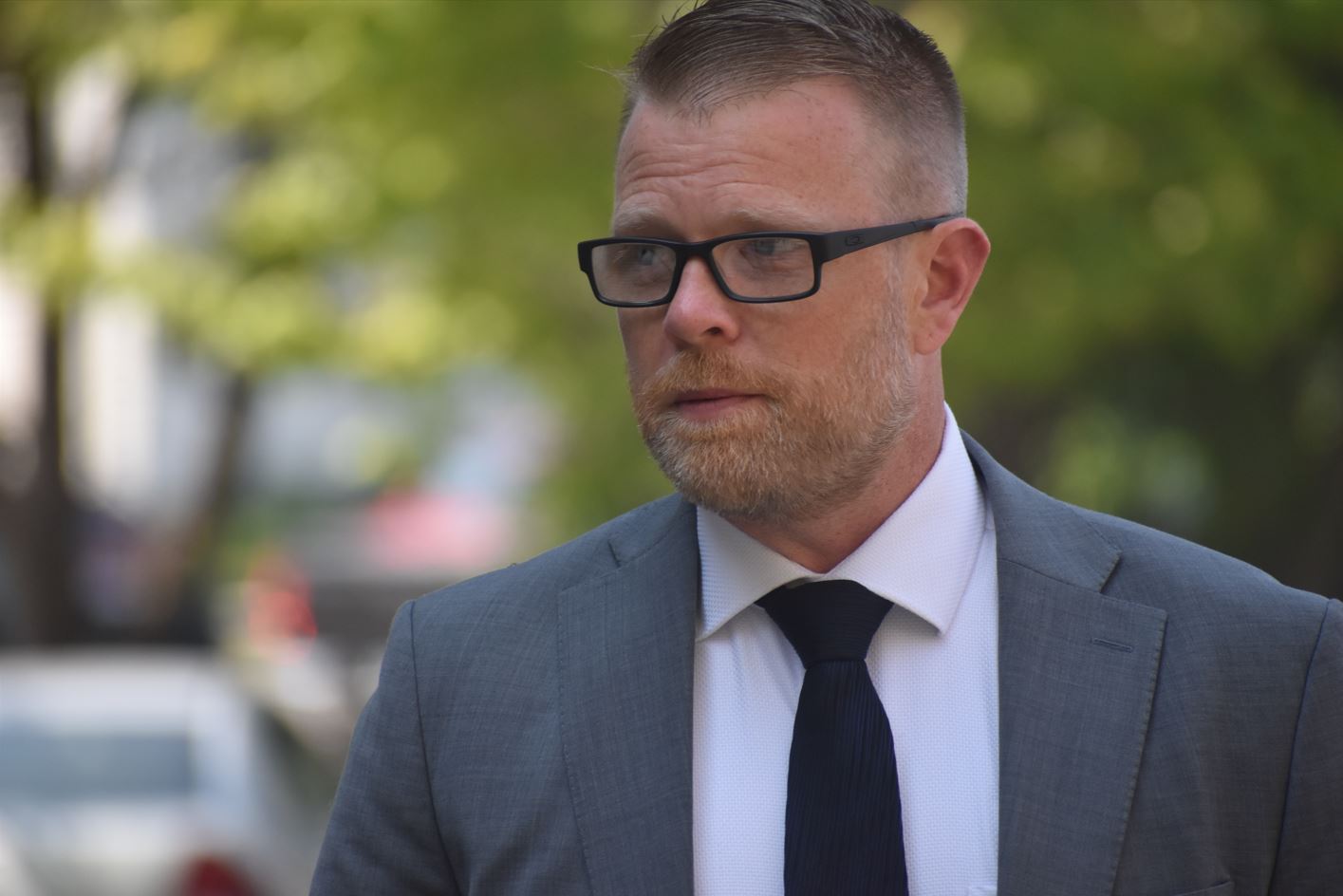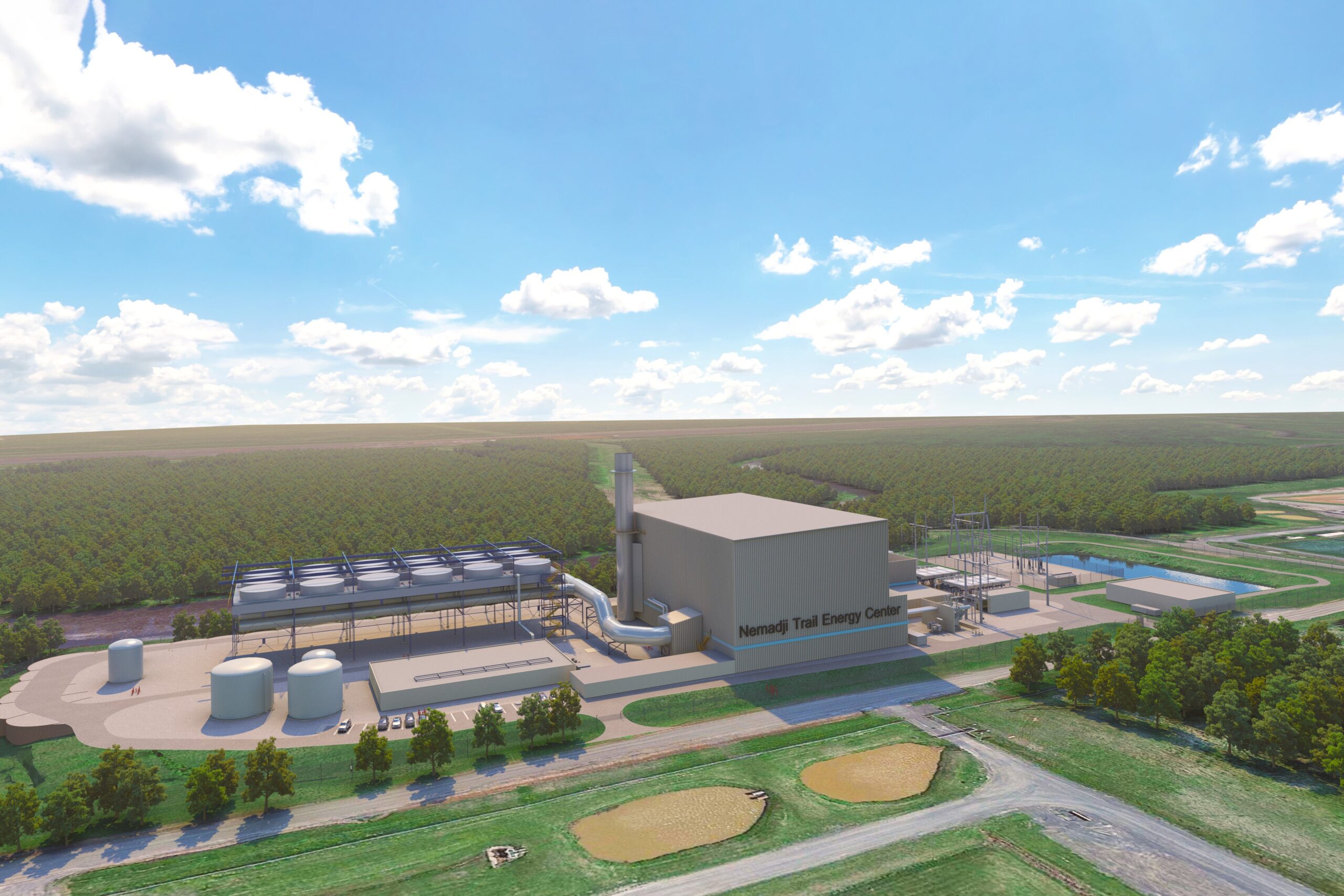Environmental groups have filed a lawsuit seeking the review of a decision by state regulators to approve a $700 million natural gas power plant in Superior.
The Public Service Commission (PSC) voted 2-1 in January to approve a permit for La-Crosse-based Dairyland Power Cooperative and Duluth-based Minnesota Power to build the Nemadji Trail Energy Center, which would produce up to 625 megawatts of power. Chair Rebecca Valcq was the dissenting vote.
Clean Wisconsin and the Sierra Club filed a 90-page complaint in Dane County Circuit Court on Friday.
Stay informed on the latest news
Sign up for WPR’s email newsletter.
“We feel that the PSC did not adequately examine the plant’s environmental impacts or assess potential alternatives to the plant when going through Wisconsin’s environmental impact statement creation process,” said Matt Earley, Wisconsin state representative for Sierra Club’s Beyond Coal Campaign.
Earley highlighted concerns over depletion of an aquifer as the utilities seek to pump up to 5.4 million gallons per day for cooling the generating facility.
An aquifer pumping test was submitted last fall on behalf of the utilities that concluded groundwater levels remained stable and the water supply will support the proposed withdrawals. However, state regulators and a retired University of Wisconsin-Milwaukee geosciences professor disagreed with those findings and questioned the validity of the projected drawdowns.
The Sierra Club and Clean Wisconsin also argued the commission never considered other alternatives, such as a combination of wind, solar and battery storage.
“This project poses significant environmental threats, including depletion of groundwater, loss of wetlands, and increased carbon dioxide emissions,” said Katie Nekola, attorney for Clean Wisconsin in a news release. “If Wisconsin intends to meet Gov. (Tony) Evers’ carbon reduction goals, we cannot afford to build more fossil fuel power plants.”
Dairyland and Minnesota Power have said they’re building the natural gas facility to supplement power when it can’t be drawn from renewable energy sources.
Minnesota Power has set a goal to provide 50 percent of its energy from renewable sources by 2021. Dairyland has been working toward roughly 25 percent renewable energy by 2025 and recently committed to shutting down its coal-fired power plant in Genoa by late next year.
A spokesperson for Dairyland said it’s reviewing the lawsuit, adding the PSC followed a lengthy public review.
“We are adding significant amounts of intermittent renewable energy resources, such as wind and solar to our generation portfolio,” said Dairyland’s Katie Thomson in a statement Friday. “These additions increase the power grid’s need for flexible, highly efficient natural gas facilities that can provide reliable, quick-start generation on demand-no matter what the weather.”
A spokesperson for Minnesota Power said the company supports the commission’s decision to approve the $700 million natural gas plant.
“We believe the decision by the Commission affirmed that the site is a good one, and the overall importance of the natural gas power plant to the reliability of the grid and to the region, as we transition to a cleaner energy future,” said spokesperson Amy Rutledge in a statement. “Natural gas is an important component of our EnergyForward strategy as we transition away from coal and build more renewables, to ensure the delivery of safe and reliable power to customers.”
The project still needs to obtain multiple state and federal permits.
The lawsuit follows challenges to the project by environmental groups in Minnesota. The Minnesota Court of Appeals ruled in December regulators there must consider whether the project would have significant, environmental effects before allowing construction to move forward.
Wisconsin Public Radio, © Copyright 2024, Board of Regents of the University of Wisconsin System and Wisconsin Educational Communications Board.

